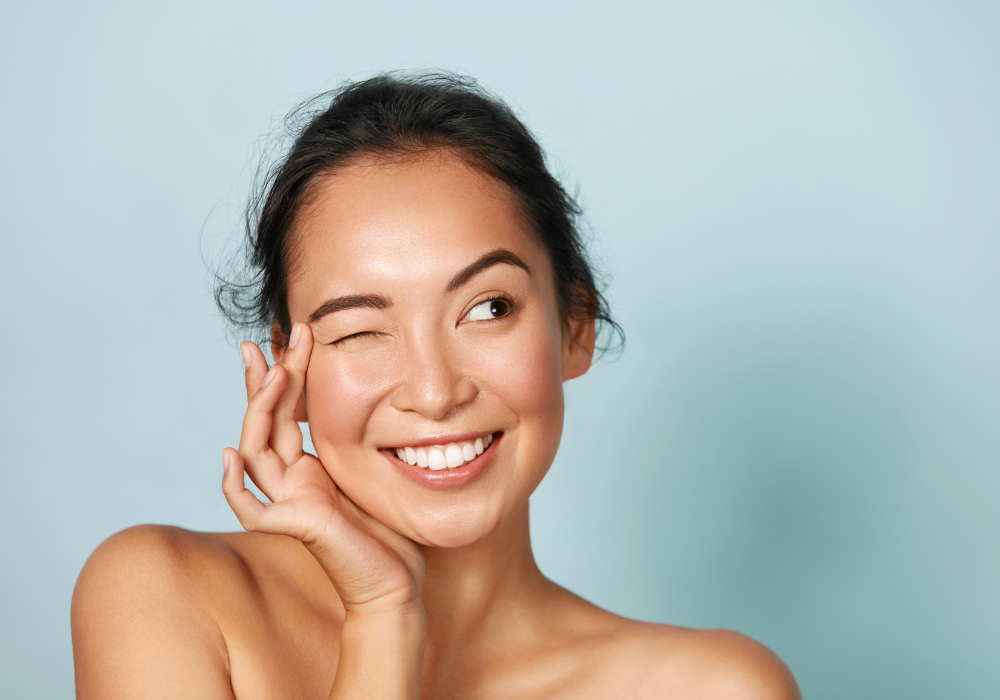Age-old wisdom offers a quiet antidote to today’s overwhelming pace.

In a world defined by constant notifications, looming deadlines, and digital overstimulation, the search for calm has never felt more urgent. Yet, the answers may not lie in new technology or modern self-help trends, but in the ancient breathing techniques practiced for centuries across diverse cultures.
From the rhythmic patterns of Pranayama in India to the measured stillness of Zen breathing in Japan, these time-tested methods offer more than relaxation—they provide a pathway to clarity, focus, and inner balance. For a generation struggling with burnout and anxiety, revisiting these ancient practices is more than a nod to the past; it’s a practical strategy for navigating the present.
These techniques, rooted in mindfulness and simplicity, hold the potential to restore the connection between body and mind—one breath at a time. Here’s how these age-old practices remain as relevant today as they were thousands of years ago.


